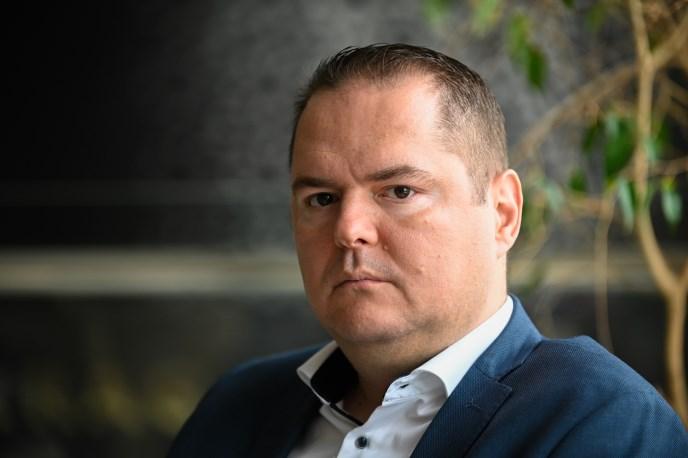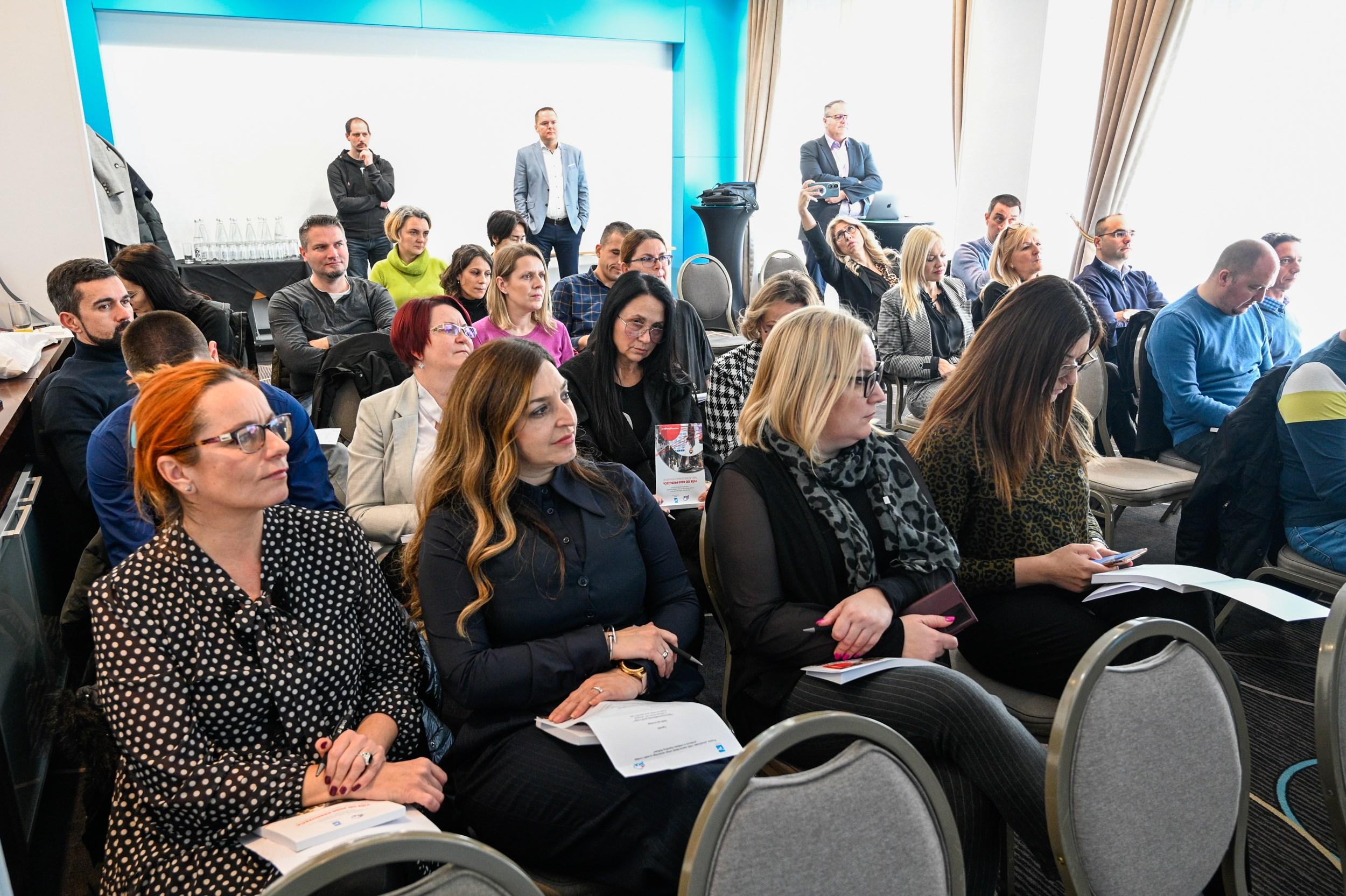MENTORING NEWS
Strengthening and Expanding the Mentoring Service for Small and Medium Enterprises in the Western Balkan Countries
What is mentoring?
* Mentoring is timely, continuous, wide-ranging nonnancial support developed and standardized during long time cooperation between Serbian Agency and JICA.
* Since 2013, the SME Mentoring Service has been introduced to BiH and Montenegro. From 2017, it has been offered in North Macedonia. As of 2023, the SME Mentoring Service is available in these four Western Balkan countries.
* It is a professional service, with an emphasis on growth potential and with the aim to help, micro and SMEs.
* Mentoring represents the process of joint work of certi ed mentors and entrepreneurs on analyses of current position and de nition of further activities for future growth.
* Comprehensive support of 25 – 50 free of charge hours through an individual approach at the company.
Who are the mentors?
* The service is provided by the mentors, certi ed for successfully completed theoretical and practical standardized mentoring trainings.
* Mentors have valuable experience in supporting SME sector gained through the years of professional work.
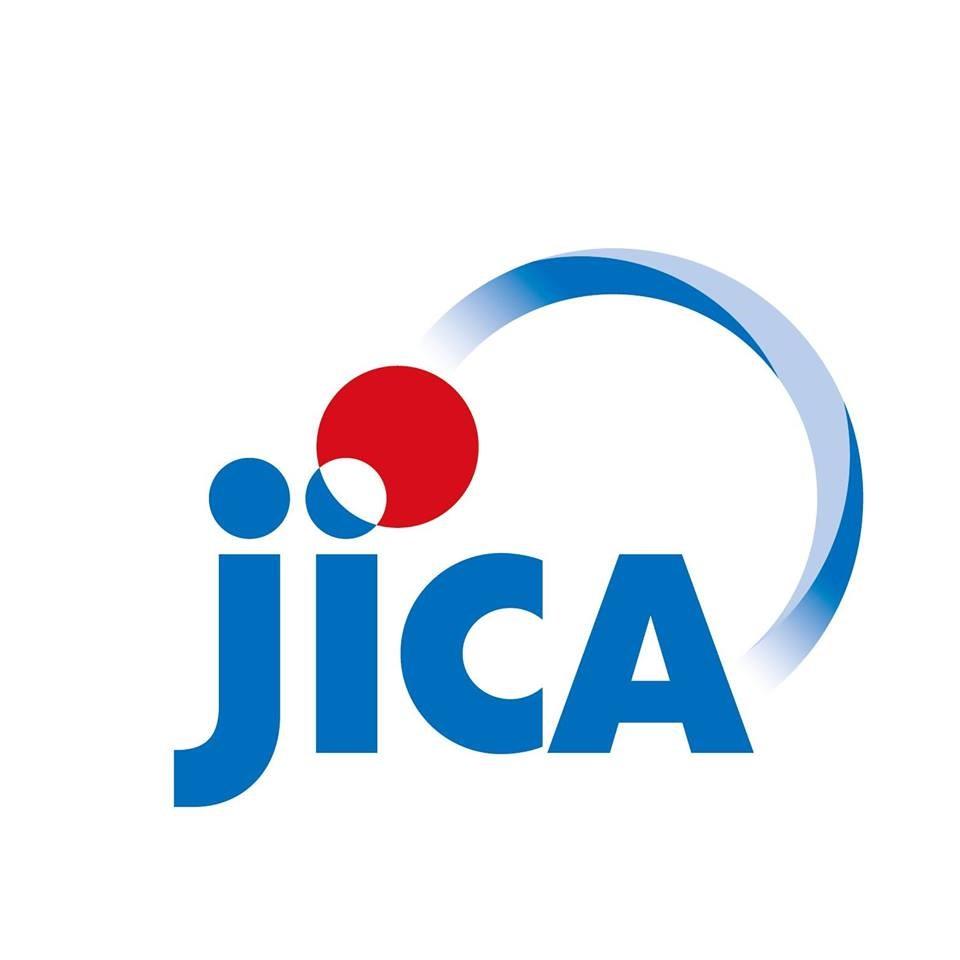
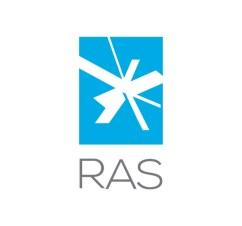

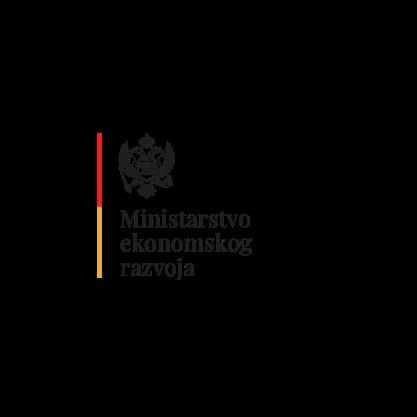
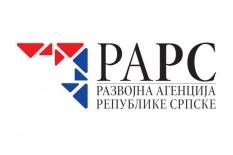

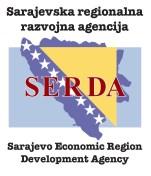
Public call for providing mentoring to Processing industry

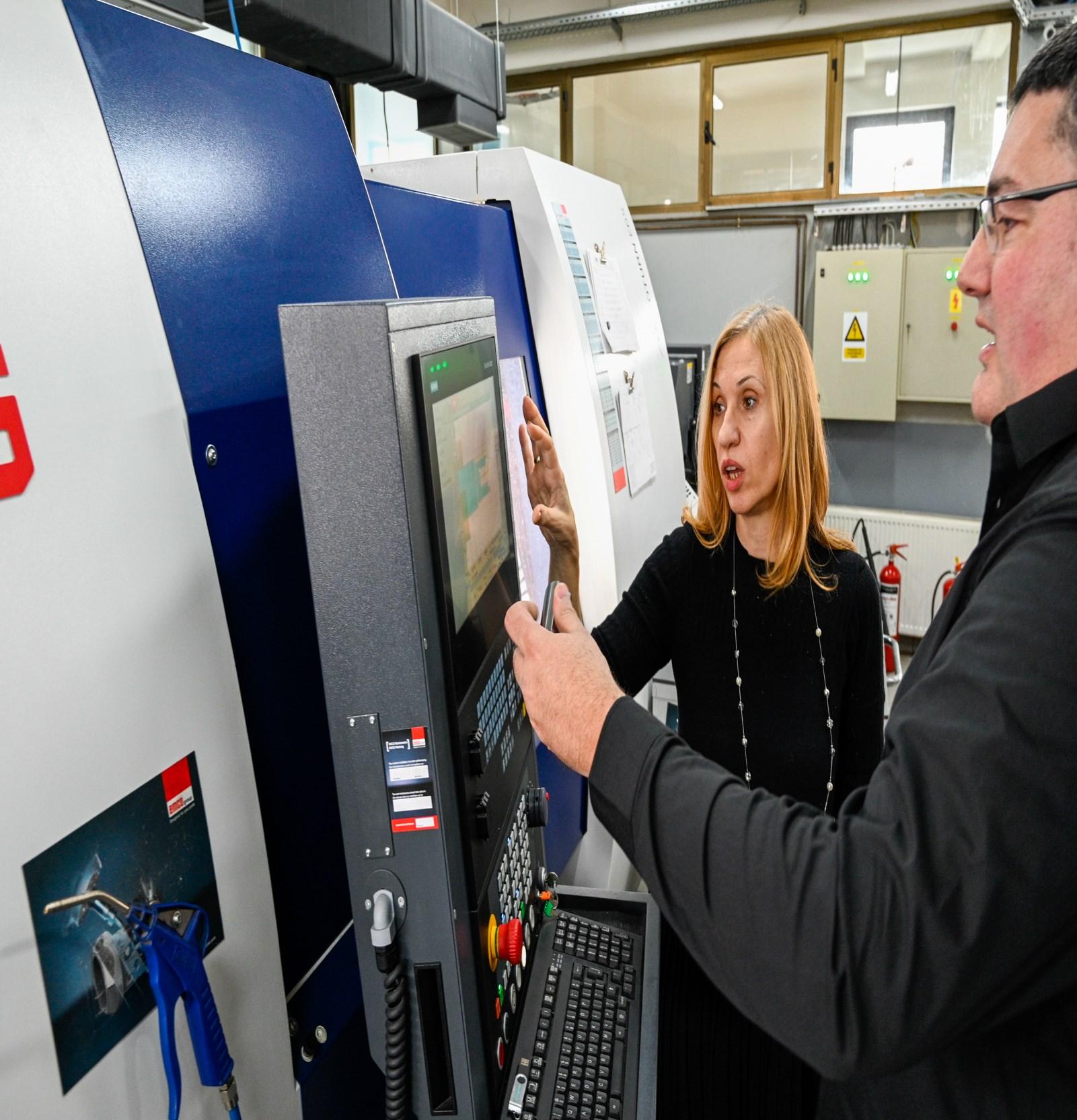
"Program for Providing Standardized Mentoring Services to Processing Industry Sectors in 2024," which is part of the RAS Project in collaboration with the Japan International Cooperation Agency (JICA).
The similar public call for the Mentoring Service was already announced in North Macedonia, and the Mentoring Service in selected companies in North Macedonia is expected to be continued until midOctober 2024.
Public call for the Mentoring Service is expected to be announced soon in Montenegro as well as in Federation of Bosnia and Herzegovina.
The mentoring service is aimed at micro, small, and medium-sized enterprises and entrepreneurs, with
enrolled in the mentoring program receive the service free of charge.
Mentoring is a comprehensive support process for businesses at a crucial stage of development or survival. It involves collaborative efforts between mentors and businesses to overcome current challenges and nd optimal solutions for future operations. Through this approach, businesses receive consistent, time-distributed continuous support to achieve better outcomes. Japanese experiences with mentoring have shown that the effects of such support are far greater than sporadic and short-term advice.
The mentoring process follows methodology developed since 2008. by Serbian Development Agency in collaboration with JICA. This meth-
the business, spending most of the time at the client's premises. Together, they analyze current operations, reasons for existing problems or obstacles to further development, key growth potentials, and based on this assessment, develop a development plan/project.
Micro, small, and medium-sized enterprises and entrepreneurs operating within the speci ed sectors of the processing industry machinery and equipment industry; food industry; wood and furniture industry; rubber and plastics industry are eligible to participate in the program.
The deadline for applications in Serbia is April 26, with the mentoring in selected companies expected to conclude by November 20 2024.
April 2024
Serbian Mentor discussing with a company owner
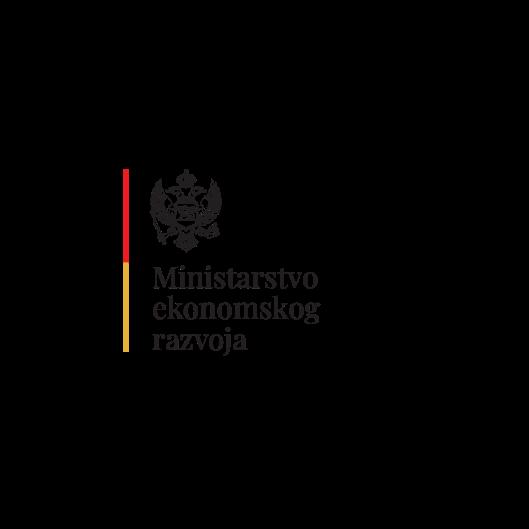
Mentoring as a path to innovation, growth, and sustainable business

Mtainable business for micro, small, and medium enterprises, with the expertise, dedication, and continuous improvement of mentors being the foundation for their further progress. The Ministry of Economic Development continuously provides support to micro, small, and medium enterprises through mentoring programs, which represent a form of non- nancial support. This year's laureates for the best mentors are Filip Mihailović, Ivana Tomašević, and
Mihailović, the recipient of the rst prize for Mentor of the Year from Kotor, stated in an interview with the PR Center that mentoring was a natural step in his career, given his master's degree in marketing and previous experience in entrepreneurship. His mentoring career began in 2019, driven by the desire to pass on his knowledge and experience to others.
"The diversity of the enterprises I worked with provided me pleasure in learning about different
as the
program's bene ciaries learned from me, I too grew with their business and needs," said Mihailović. He highlighted the importance of the non- nancial support that a mentor provides to enterprises.
"A mentor is someone who enters the enterprise, diagnoses, and helps formulate an action plan, brings a new perspective, and assists in identifying key problems. All of this contributes to the improvement of their business," Mihailović noted.
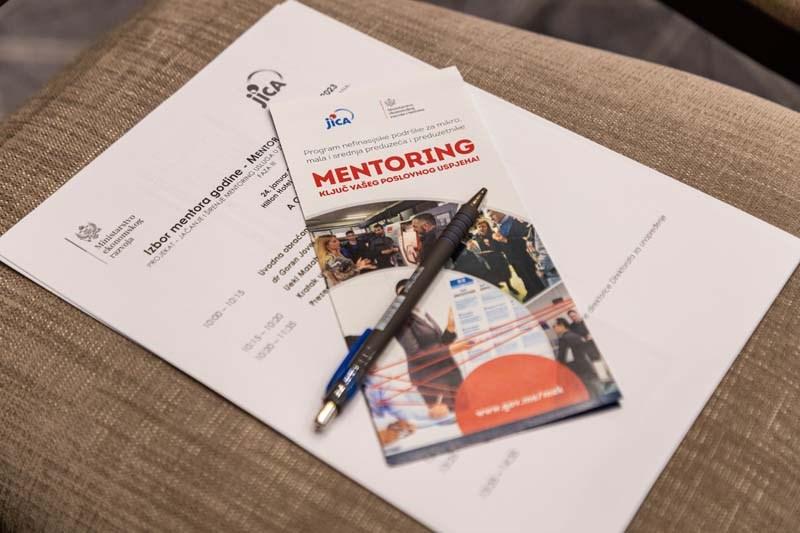
He believes that continuous improvement of knowledge is crucial for mentors and supports the idea of international visits as a means to exchange experiences and knowledge with other
"Additionally, I believe it is necessary to promote the mentoring line. It's important for small and medium enterprises to be informed through the media about the bene ts of mentorship. The mentoring program cannot provide nancial support, but thanks to mentors, the nancial power of enterprises can only improve, as well as their operations," said Mihailović.
Page 2 MENTORING NEWS
Integrating non- nancial and nancial support would be bene cial
Ivana Tomašević, the recipient of the second prize for Mentor of the Year from the Business Start-up Center in Bar, said that mentoring was a logical continuation of support for entrepreneurship of small and medium enterprises in Montenegro considering her previous activities.
"Mentoring allowed us to provide enterprises with additional services that we could not offer before due to our capacities, but now, with the support of the Ministry of Economic Development, we can meet their needs," Tomašević mentioned. She believes explaining the mentoring program to representatives of micro, small, and medium enterprises is challenging.
"It's particularly speci c for start-ups here because they need to step out of their daily activities and allocate time for the mentoring process. They often work ten jobs at once, so ghting for the time required for this program is also a challenge," Tomašević explained. She clari ed that both smaller and larger enterprises bene t from the mentoring process and should take greater advantage of the program's bene ts.


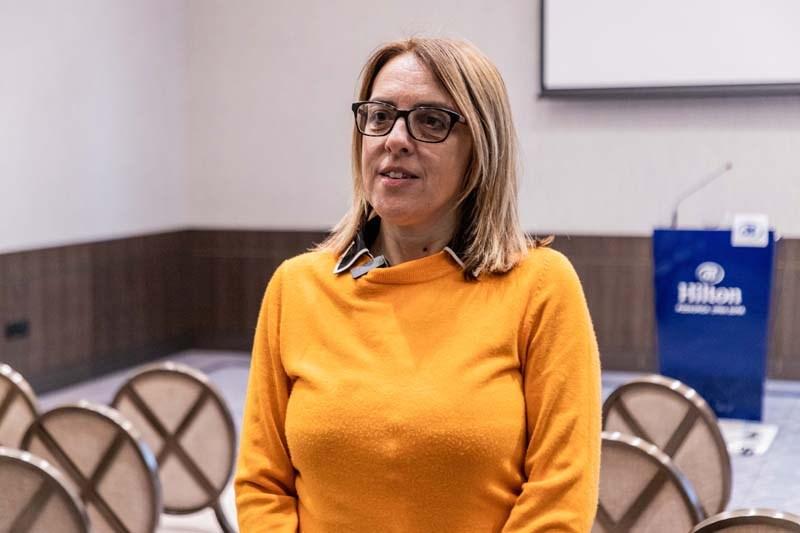
speci c here that people need to be con dent in their knowledge to apply for a program," said Tomašević. She expressed a desire to continue support, especially for start-ups, but would like to integrate this type of non- nancial support with nancial support.
"Many enterprises that we have provided mentoring services to are not aware of why this tool is important and what is signi cant about it. It's
"I believe that connecting these two types of support would be a bene cial step, as it would not only promote the resources allocated
through the Ministry of Economic Development's programs but would also encourage other entrepreneurs to embark on business ventures, knowing there is support that can help in their growth and development. This integration would also enable better utilization of resources and provide more comprehensive support to entrepreneurs in Montenegro," Tomašević said.
Enterprises are individual stories, and every experience is signi cant
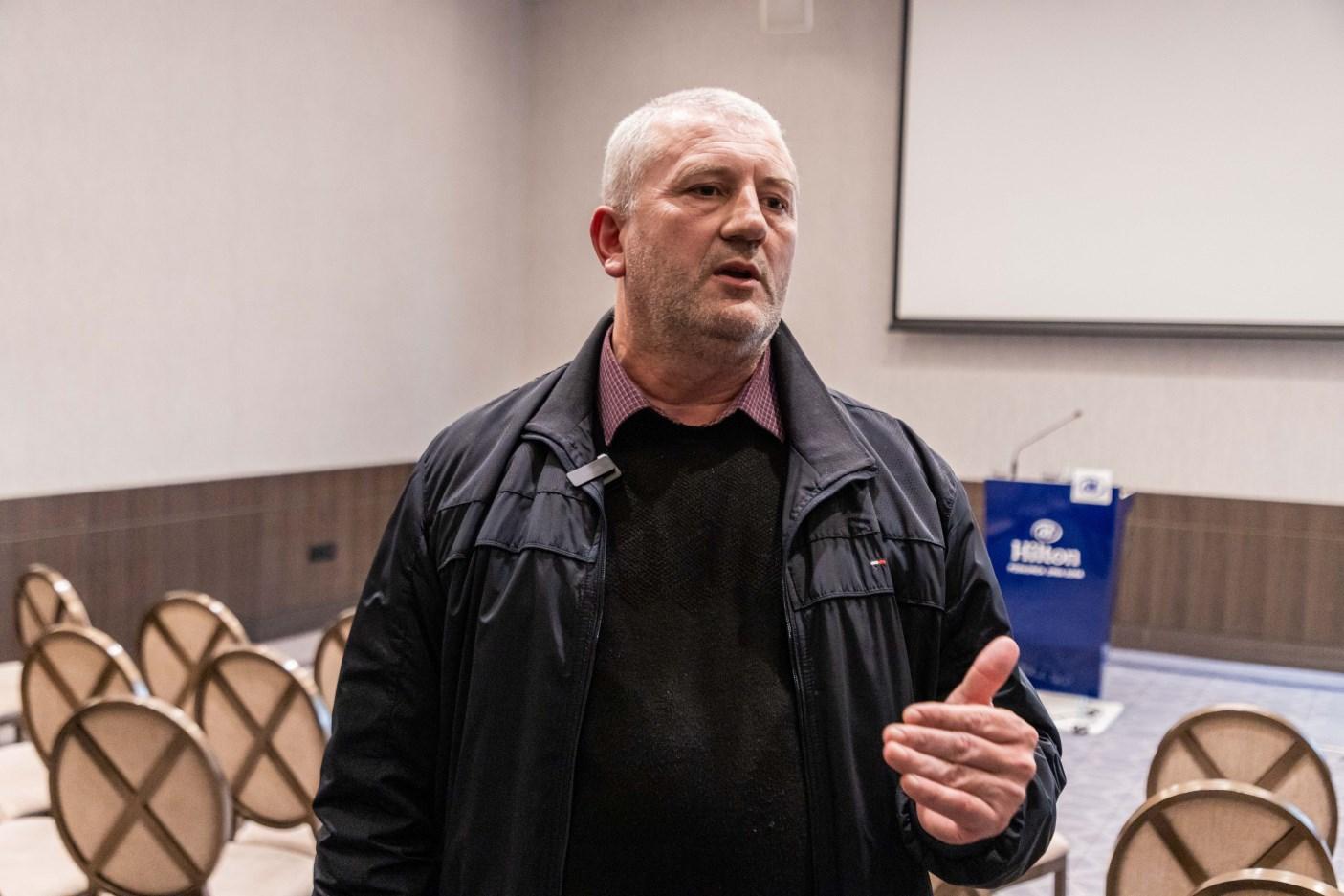
Dragan Bulatović, the recipient of the third prize for Mentor of the Year from Podgorica, emphasized the importance of mentoring in the development of small and medium enterprises in Montenegro. He believes mentoring is not yet fully accepted by business representatives, but positive shifts are noticeable thanks to the support of the Ministry of Economic Development.
"Entrepreneurs enter occupied markets, which requires innovation and creativity. Often, business owners have technical knowledge but lack suf cient managerial knowledge, skills, and competencies to successfully lead a company. This is precisely where mentoring helps," Bulatović stated.
Enterprises are individual stories, and every experience is signi cant, Bulatović shares his experience working with a tness center, highlighting the owner's openness to acquiring new knowledge.
"Every company is a story in itself, every business is its own story, and each story could be interesting. Mentoring is a continuous process, which does not end with 25 working hours with enterprises. Those relationships, built on trust, continue later, and we are always willing to talk, to share experiences and knowledge," said Bulatović.
He believes it's necessary to continue the process of educating mentors, more actively promote the bene ts of this program, and organize a study visit during which they could exchange knowledge and experiences.
The project "Strengthening and Expanding Mentoring Services in the Western Balkans - Phase III" is implemented by the Ministry of Economic Development under the Technical Cooperation Agreement between the governments of Japan and Montenegro, through the ministry and the Japan International Cooperation Agency (JICA).
Page 3 MENTORING NEWS
Dragan Bulatović
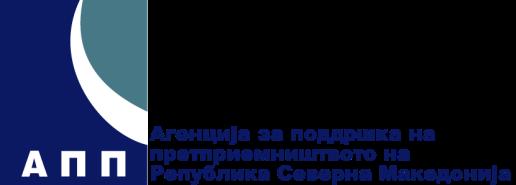

In the presence of numerous guests and experts, this year's "All Mentors Meeting 2024" was held, where mentors from North Macedonia had the opportunity to exchange experiences, knowledge, and conduct a kind of joint assessment of the direction in which mentoring is moving, the interest and openness of the enterprises, as well as to exchange experiences and practices with colleagues from neighboring countries that are part of the JICA project.
On behalf of the JICA expert team, Mr. Shinichiro Kato, a long-term expert from the organization, addressed the attendees, reflecting on the marking of the 30th anniversary of the establishment of diplomatic relations between North Macedonia and Japan, emphasizing that the
"All Mentors Meeting 2024" was held in Skopje
mentoring project between the Japanese organization and the Agency for promotion of entrepreneurship of the Republic of North Macedonia (APERNM) is one of the positive examples of excellent cooperation between the two countries. Mr. Kato took the opportunity to present the future plans for the implementation of the project "Strengthening and Expanding Mentorship Services for Small and Medium Enterprises in the Western Balkan Countries."
A welcoming speech was also delivered to the attendees by Mr. Imer Imeri, Director of APERNM.
The event continued with a presentation by Ms. Dragana Belenzada, Director of the Development Center of the Jablanica and Pchinja Region, Leskovac, Republic of Serbia. In her presenta-
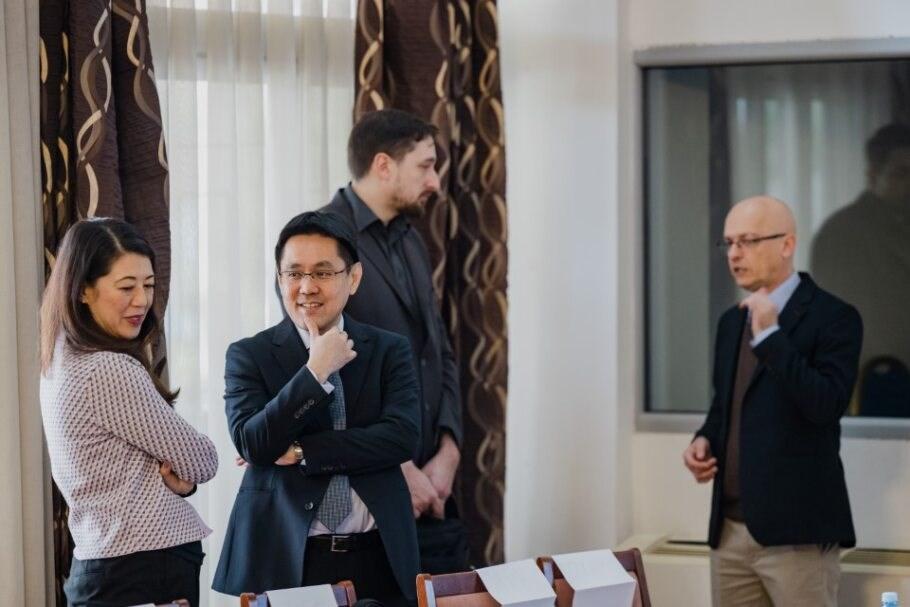
tion, Belenzada reviewed the "Case StudyImplementation of Mentorship Services in the Company DDM Metaling, Leskovac," followed by a Q&A session.
In the second part of the event, an interactive presentation on the topic "How to Achieve Greater Promotion of the Mentorship Concept?" was delivered by the guest speaker Ms. Magdalena Mihajloska, MSc, Manager for Strategic Communications at the Public Relations and communications management agency Image PR. During this interactive presentation, attendees had the opportunity to familiarize themselves in detail with the importance of a strategic approach and long-term sustainable communication to achieve greater visibility and promotion of the project.
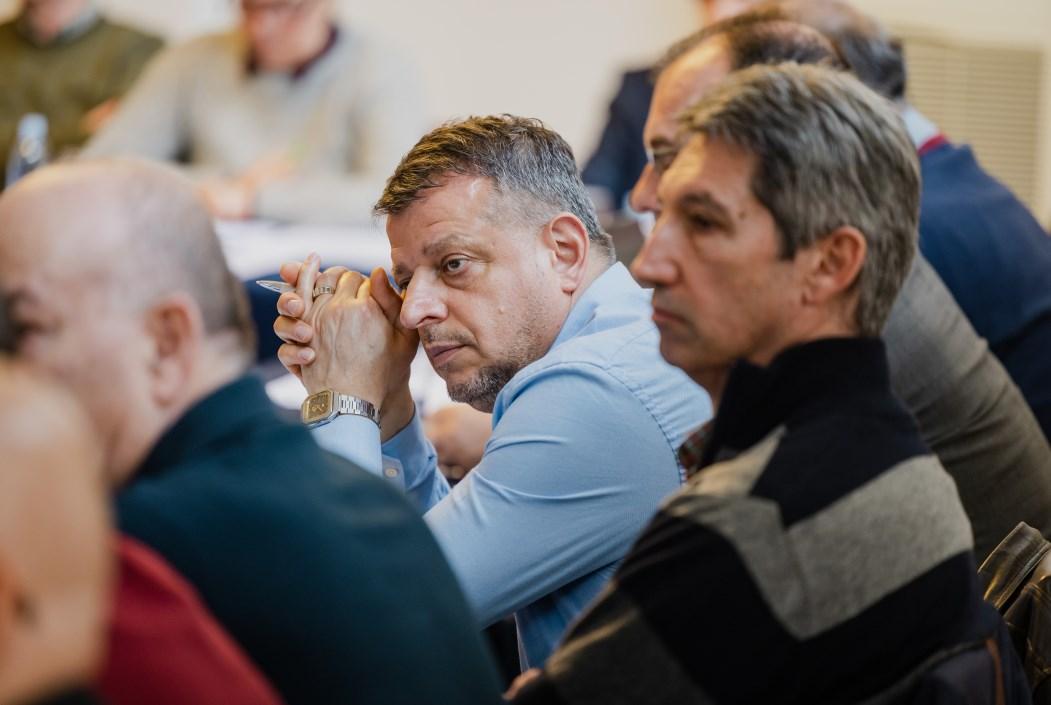
Page 4 MENTORING NEWS
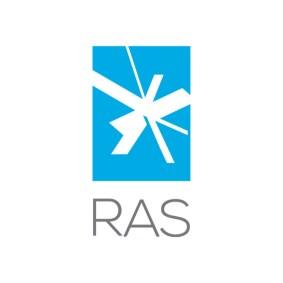
Serbian Development Agency and the Japan International Cooperation Agency (JICA) have organized skill-up training sessions for mentors who provide mentorship services to small and medium-sized enterprises in the Western Balkans. The training sessions focused on business internationalization and that were held in Belgrade on February 2, in Leskovac on February 6, and in Kragujevac on February 12.
During this year's skill-up training sessions, the speakers addressing the audience were Ana Žegarac, Project Manager, Serbian Development Agency - RAS, Shinichiro Kato, JICA Coordinator; and Đorđe Ćelić, Associate Professor at the Faculty of Technical Sciences in Novi Sad.
Ana Žegarac, Project Manager, Serbian Development Agency - RAS, stated that the aim of these trainings is to transfer the Serbian model and enhance the mentors' capacities through cooperation with JICA.
"Mentors are people who, besides diagnosis,
Skill up trainings focused on business internationalization in Belgrade, Leskovac and Kragujevac
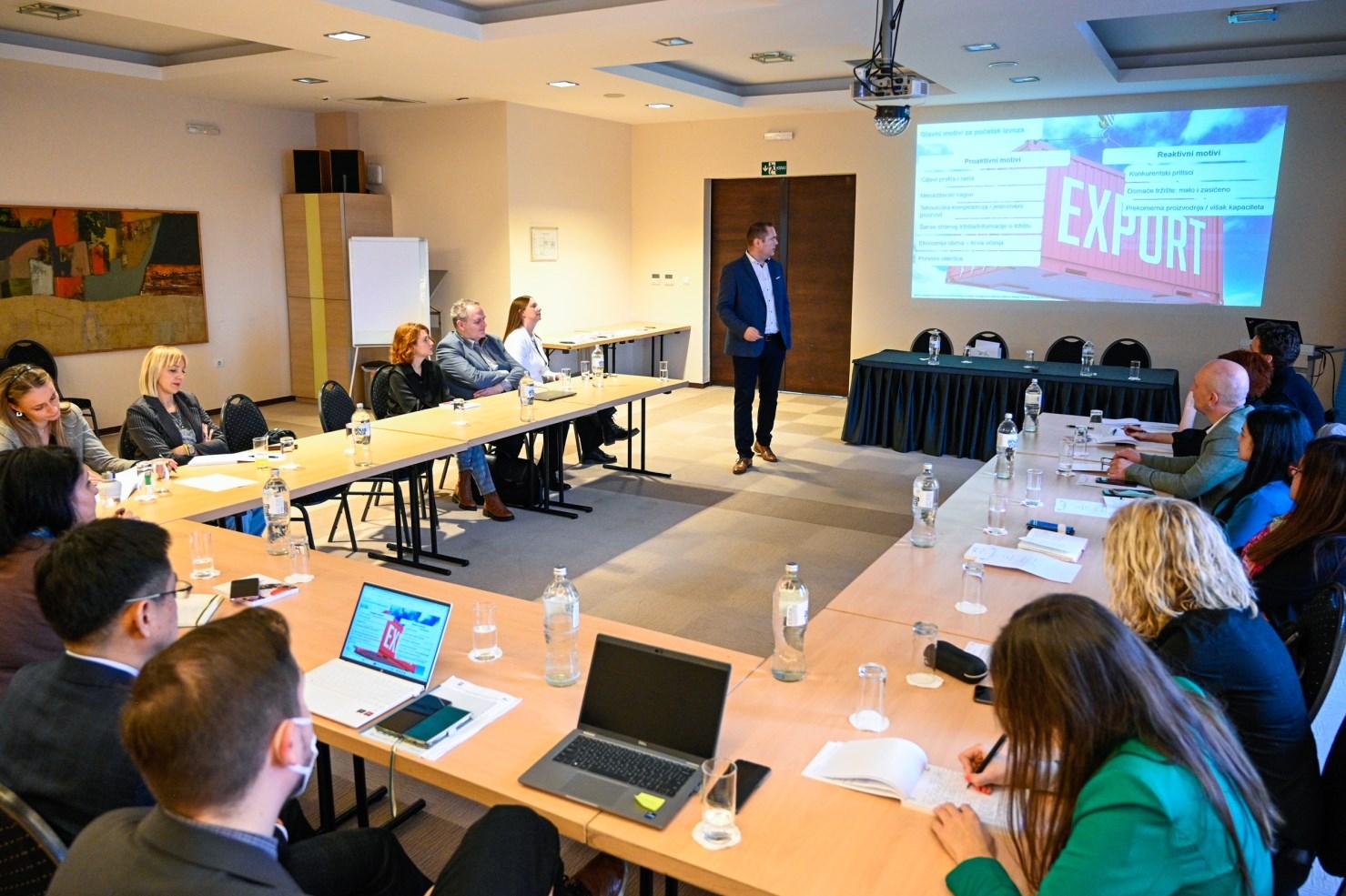
nationalization of Serbian products," said Žegarac. She added that there are also mature companies ready to start the process of internationalization or those who are hesitant on how to approach it.
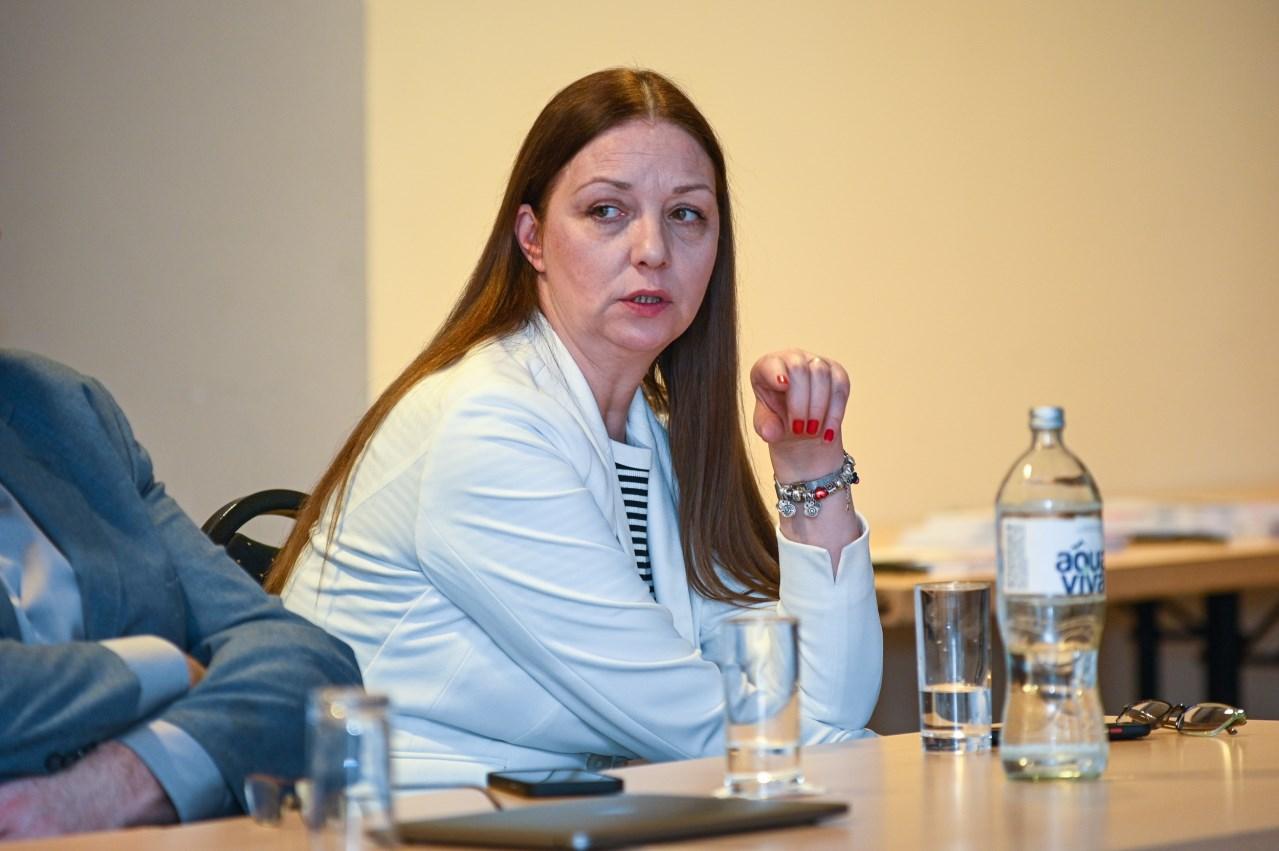
JICA Coordinator, Shinichiro Kato, highlighted the importance of these trainings for small and sized enterprises, as well as the role of the mentors who are obliged to meet the own-
We are proud to organize trainings on this topic as our next step. TOT trainings for trainers of trainers. Using this experience, we plan to provide internationalization training in North Mace-
medium-sized companies to explore other job markets, especially international ones at the very beginning of their development," Ćelić emphasized.
